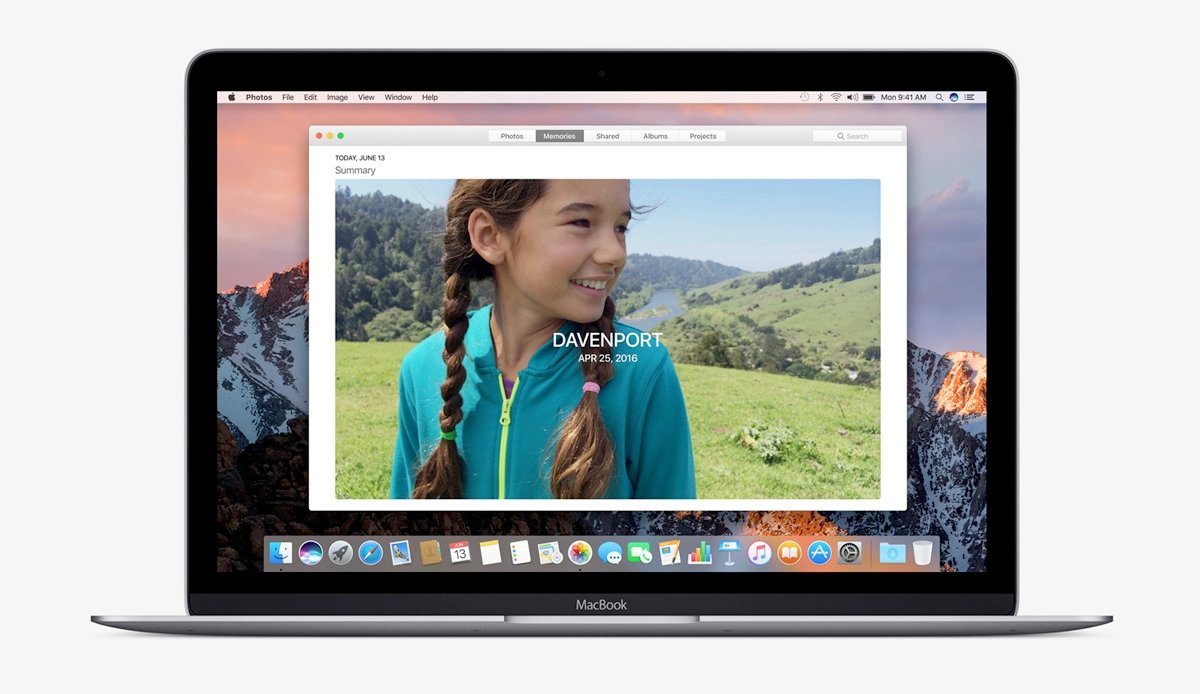

Alacritty m1 install#
So with this above example, we only need Rosetta for the compile and install phase.
Alacritty m1 mac#
The M1 Mac don’t have an Intel processor so everything needs to get to an M1 format somehow. Why does this work on M1 (arm64) even though you needed Rosetta for it? Well… here is my understanding of it 😇 Jumping into Rosetta to compile and install it essentially makes an M1/arm64 installation of it after it compiles in the i386 architecture. Just switch back over with mzsh and run python you will see! (But don’t forget to run asdf global python 2.7.18 or asdf local python 2.7.18 first).

But if you change to Rosetta (using izsh) and run asdf install python 2.7.18, it will succeed 🥳 And now that Python 2.7.18 is compiled and installed from Rosetta, you can actually use it when you are back in M1 (arm64). Running asdf install python 2.7.18 will fail due to architecture issues on M1. However, there are some tools that you need to compile or install that won’t work. Great question! Most things (that I use) through Homebrew will work perfectly fine on M1 (arm64). # put some stuff in path in ~/.zshrc that asdf instructions tell you to zshrc below where I alias these commands. I used these often enough where I aliased them mzsh (M1/arm64) and ishz (Rosetta/i386). These command essentially replace my current Zsh session with one running in the architecture of my chooseing. So I found a way switch my current terminal session using arch -arm64 zsh and arch -x86_64 zsh. And I don’t expect myself to always be in Rosetta mode. I don’t like this approach (for me) because I don’t want to have multiple Terminal open that look the exact same. A lot of the suggestions I’ve gotten were to copy Terminal.app and rename it to Rosetta-Terminal.app, click the “Get Info”, and check the Run in Rosetta box. It’s important to have a terminal that can run in Rosetta (i386) so that you can build/compile/install things that aren’t able to run on M1 yet. Switching between M1 (arm64) and Rosetta (i386) I was using the robbyrussel theme so I based the joshdholtz theme off of that 💪Ĭreate ~/.oh-my-zsh/themes/joshdholtz.zsh-theme 👇Įxport ZSH = "/Users/joshholtz/.oh-my-zsh" # joshdholtz theme shows arch type in the prompt ZSH_THEME = "joshdholtz" plugins =(git ) source $ZSH/oh-my-zsh.sh I thought it would be cool to also prefix that with the architecture! My prompt already shows the directory I’m in and the git branch of the directory (if I’m in a git repo).

The prompt is the thing the shows before your cursor when you are in a terminal. So the first thing I did was add the architecture my terminal was running in into my Zsh prompt. I would have solved my issues a lot sooner if I knew what architecture my terminal was running in. It turns out… the root cause of my problem was I was using a build of Alacritty (a terminal ) that was built for Intel so all of my stuff was running in Rosetta without me knowing 🤦♂️
Alacritty m1 how to#
Would anybody like a blog post or video tutorial on how to do this? 🙃- Josh “so many typos” Holtz 💪🚀 October 19, 2021 OMG, I finally figured out how to get my M1, homebrew, and Rubies playing nicely 😅 Me, M1, and homebrew are just not getting along… again 😭- Josh “so many typos” Holtz 💪🚀 October 19, 2021Īfter a day or two of constantly uninstalling and reinstalling homebrew and my other tools, I figured out my issue and my development environment that I wanted to use going forward. Homebrew was having more and more issues installing dependencies for unknown reasons (to me). Ruby was having issues installing native extensions. I was having mad issues with my develoment environment. There is a YouTube format of this blog post on my YouTube channel over at 👀 The Problem I was my weird setup and misunderstanding of how M1 and Rosetta worked 🤷♂️ The YouTube Format TL DR - The problem was not homebrew or any other tools. This post will briefly show how I have my M1 Mac setup to handle homebrew, zsh, Ruby and Python version managers and how they all interact with Rosetta 💪


 0 kommentar(er)
0 kommentar(er)
